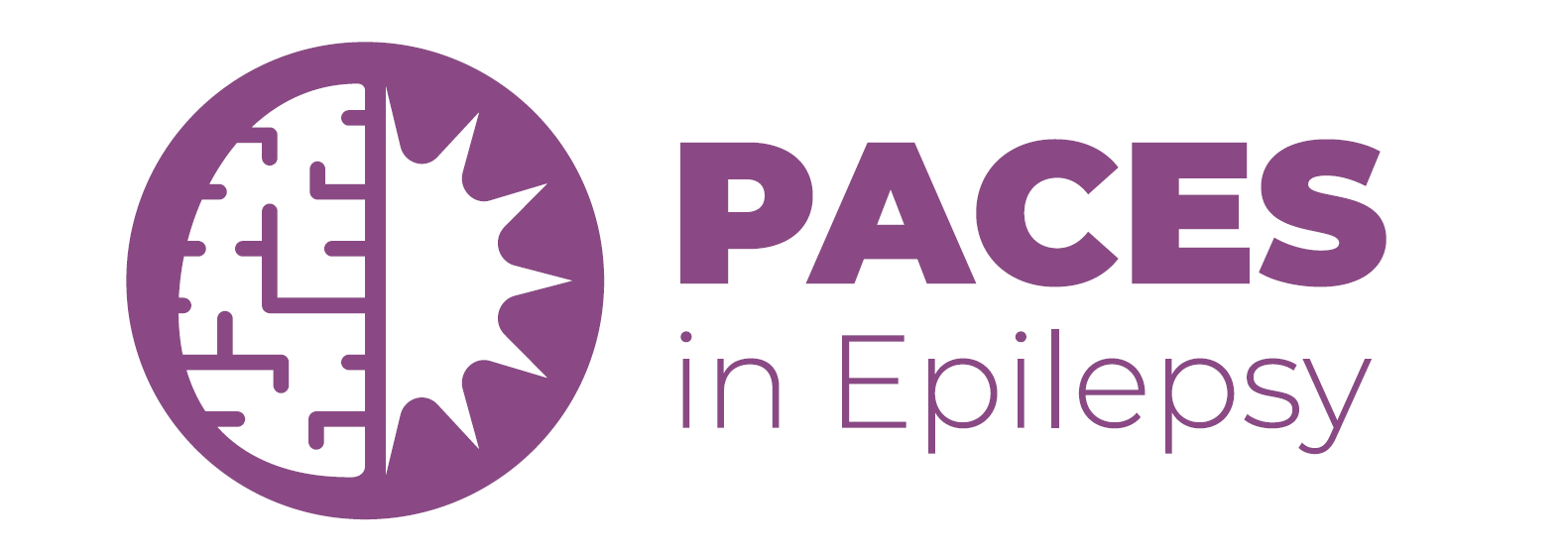
PACES in Epilepsy: A Program Supporting Adults with Epilepsy
No one understands that uncontrolled seizures can interfere with daily activities better than someone living with epilepsy. For adults with epilepsy looking for tools on how to communicate with neurologists, manage their own care and gain skills to thrive in adulthood, Valley Children’s offers the PACES Program.
PACES in Epilepsy is an epilepsy self-management program developed with the goal of helping adults with active seizure conditions better manage their epilepsy and learn strategies for emotional and community adjustment. It was established in 2008 by the University of Washington Health Promotion Research Center with grant support from the Centers for Disease Control and Prevention (CDC) Epilepsy Program.
Valley Children's PACES Program Overview
Young adults living with epilepsy can struggle with managing their treatments, medical appointments, daily activities and stress. Adults with epilepsy can experience further stress factors, such as unemployment, poverty and social isolation. This evidence-based program teaches participants 18 years and older the skills to manage their epilepsy through these challenges.
Participants will meet as a group of 5-8 adults for a total of eight weekly sessions. Each session will focus on a single topic and will last about 60-75 minutes. Over the course of the program, participants will learn personal coping and goal-setting strategies to help improve their quality of life, mental health and epilepsy self-management and efficacy.
The PACES Program’s standardized framework and curriculum has been validated by randomized, controlled trials in multiple states and has been proven to help adults living with epilepsy develop strategies to more fully and confidently engage in life while improving the management of their epilepsy.
PACES programming is supported by the CDC: https://www.cdc.gov/epilepsy/communications/success-stories/paces.htm
Key PACES Program Features
PACES focuses on five key elements, based on consumer input and evidence-based trials, to deliver an effective curriculum:
- Education about types of seizures and currently available treatments, the impact that epilepsy can have on mental health and cognition, and strategies to use to develop healthy lifestyle habits and get involved with the community.
- Training and practice using specific strategies to cope with stress, anxiety and depression.
- Personalized goal-setting and support to help participants identify life changes that are important to them and develop strategies to reach their goals.
- Qualified facilitator teams to include a trained epilepsy mental health professional and a trained peer with epilepsy. This two-person facilitator team leads each weekly session and supports participants throughout the program.
- A group program in person or by phone, depending on what works best for participants.
Weekly Session Topics
- Epilepsy and Medical Issues
- Dealing with Stress and The Blues (Part One)
- Dealing with Stress and The Blues (Part Two)
- Compensating for Cognitive Challenges
- Getting the Most out of Community Living
- Managing My Epilepsy Care
- Effective Communication About My Epilepsy
- My Health and Wellbeing
Each participant will receive a manual with worksheets, resources and reference material. Questions about the curriculum can be directed to the program facilitators.
Register for PACES
To participate in the PACES for Epilepsy Program, you must meet the following qualifications:
- Be 18 or older
- Complete pre-screening questionnaire(s) (provided by program facilitators)
- Have access to a telephone or Internet for weekly sessions
To sign up or to get more information, email epilepsysupport@valleychildrens.org.
Notes: The Program of Active Consumer Engagement in Self-Management (PACES) in Epilepsy was established at the University of Washington Health Promotion Research Center in 2008 through a grant from the Centers for Disease Control and Prevention (CDC) Epilepsy Program. http://depts.washington.edu/uwpaces/